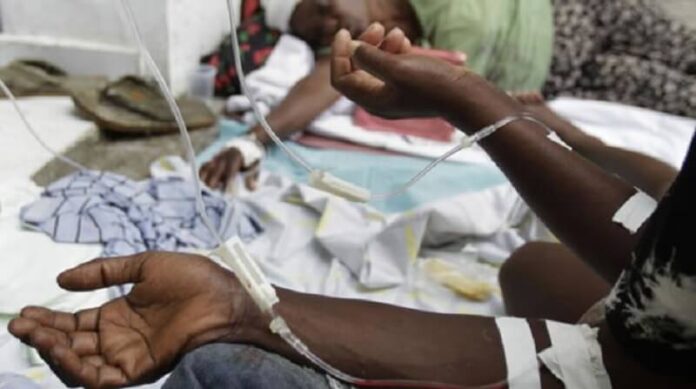By Eyo Precious Jedidiah
The Nigerian government is in urgent discussions to secure emergency cholera vaccine doses, according to Dr. Jide Idris, Director-General of the Nigeria Centre for Disease Control and Prevention (NCDC). Coordinating Minister of Health and Social Welfare, Prof. Muhammad Ali Pate, is leading negotiations with Gavi, the global health partnership dedicated to improving vaccine access in low-income countries.
Nigeria uses three World Health Organization (WHO) pre-qualified oral cholera vaccines: Dukoral, Shanchol, and Euvichol-Plus. These vaccines, which require two doses for full protection, are administered primarily to high-risk groups such as travelers to cholera-prone areas and residents of outbreak regions.
Dr. Idris highlighted the critical role of Gavi in facilitating vaccine access. “Through these negotiations, Nigeria aims to secure an emergency supply of cholera vaccines to curb the outbreak,” he said. He noted that cholera vaccines are not stocked in public facilities, though limited quantities are available in the private sector. He stressed the importance of environmental cleanliness and proper hand hygiene alongside vaccination.
The global demand for cholera vaccines has surged, leading to severe shortages. This shortage has strained efforts to control outbreaks in endemic regions, including Nigeria. “Poor sanitation, inadequate clean water supply, and limited healthcare infrastructure have exacerbated the spread of the disease,” Idris explained. In response, the NCDC has intensified public health campaigns emphasizing hygiene practices and clean water.
However, Idris emphasized that these measures alone are insufficient without adequate vaccination coverage. The shortage of vaccines has hampered mass immunization campaigns crucial for preventing the spread of cholera. “The situation in Nigeria underscores broader issues of global health equity and preparedness. It highlights the necessity for increased vaccine production and distribution infrastructure investment,” he stated.
Dr. Idris called for stronger international collaboration to ensure life-saving vaccines reach the most vulnerable populations promptly. He lamented that cholera, an acute diarrheal disease caused by ingesting contaminated water or food, remains a persistent health threat in Nigeria, significantly impacting several states, leading to deaths and overwhelming healthcare facilities.
In 2021, Nigeria received over 3.5 million doses of the oral cholera vaccine from the WHO. In 2022, the country requested an additional nine million doses. The ongoing efforts to secure more vaccines are part of a broader strategy to enhance health preparedness and response to cholera outbreaks in Nigeria.

